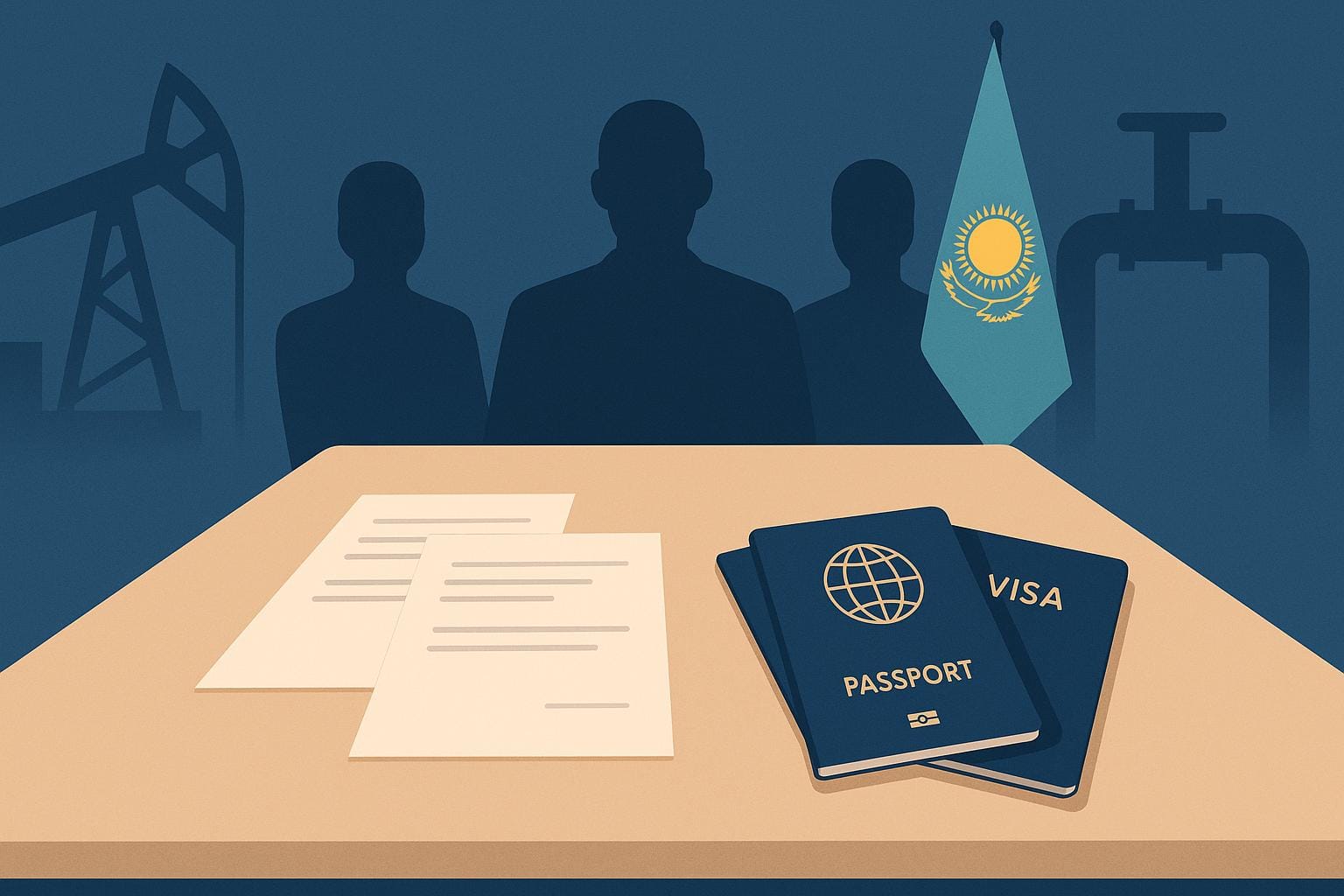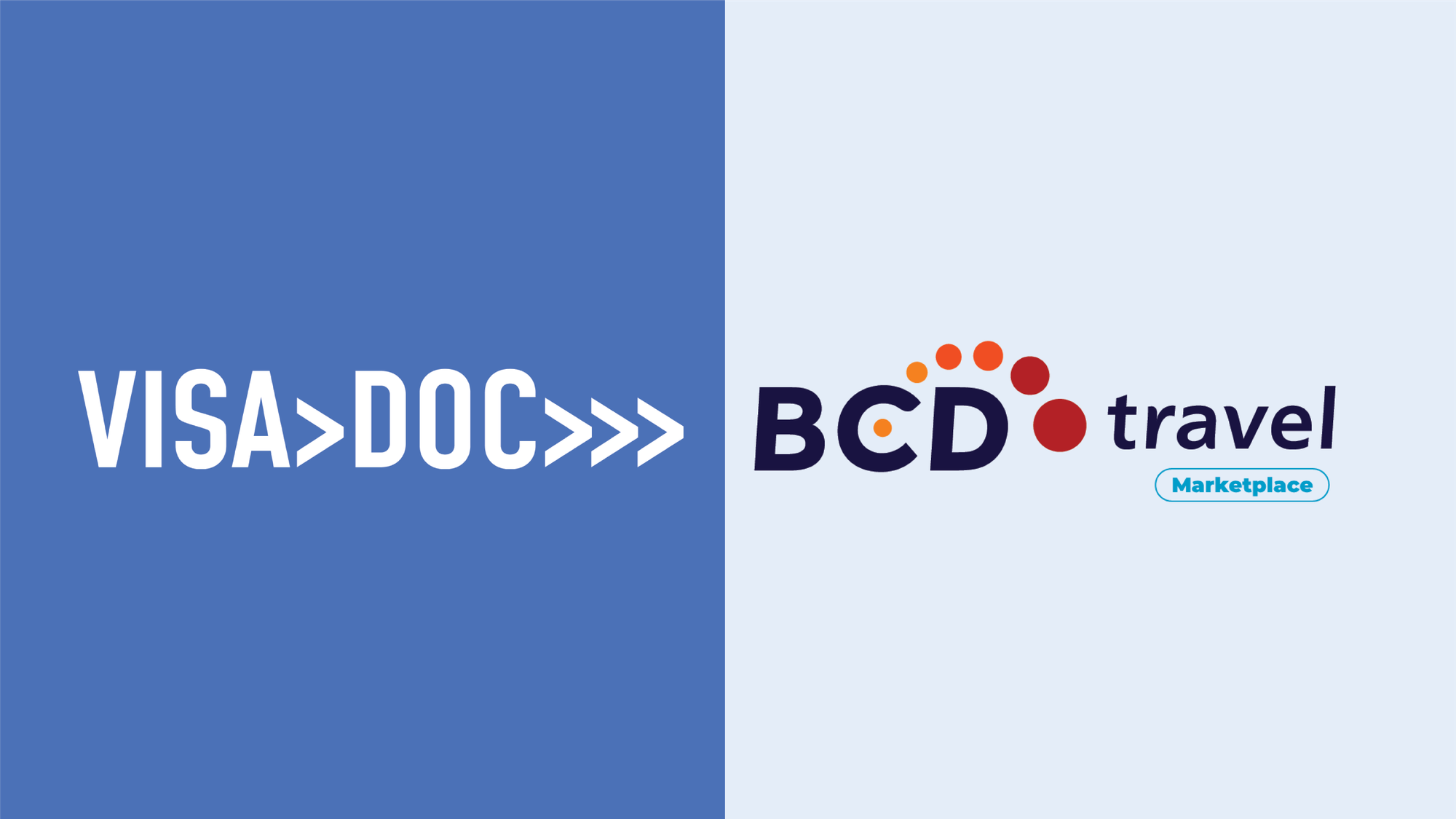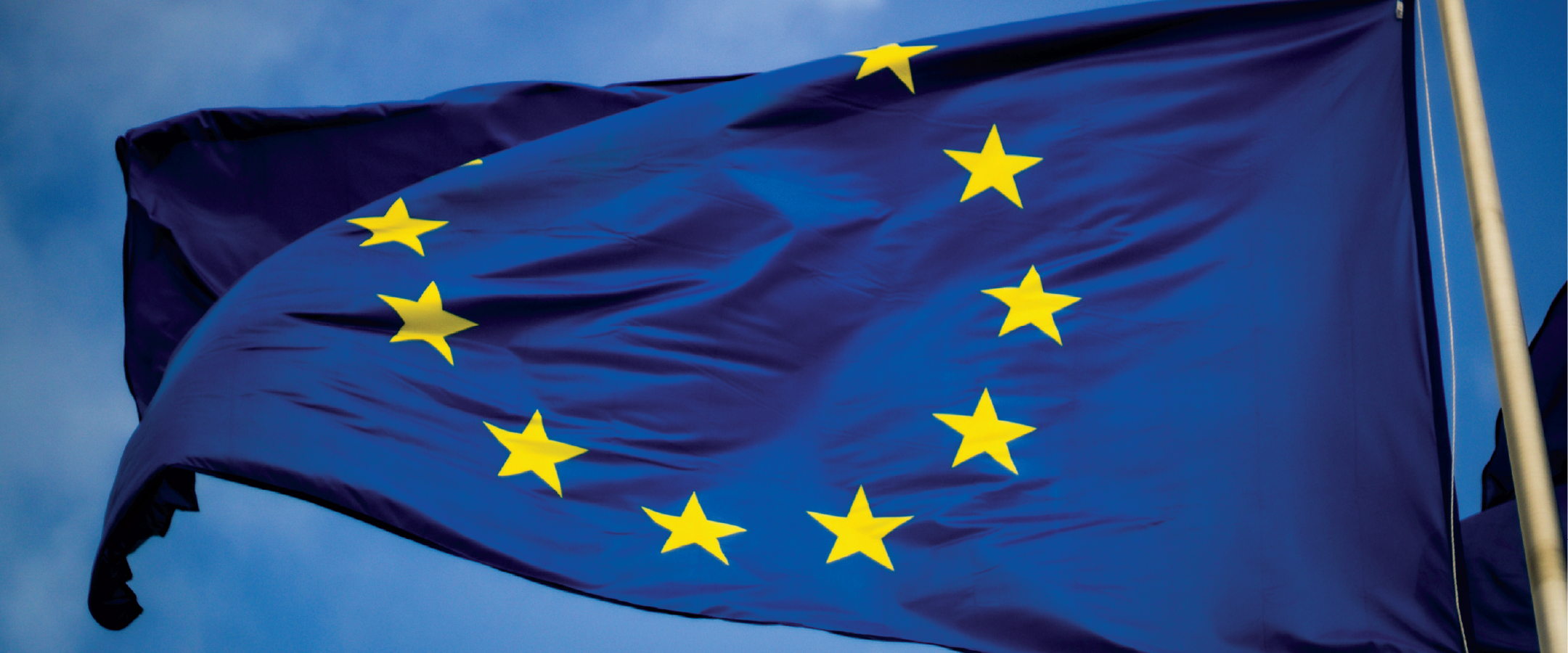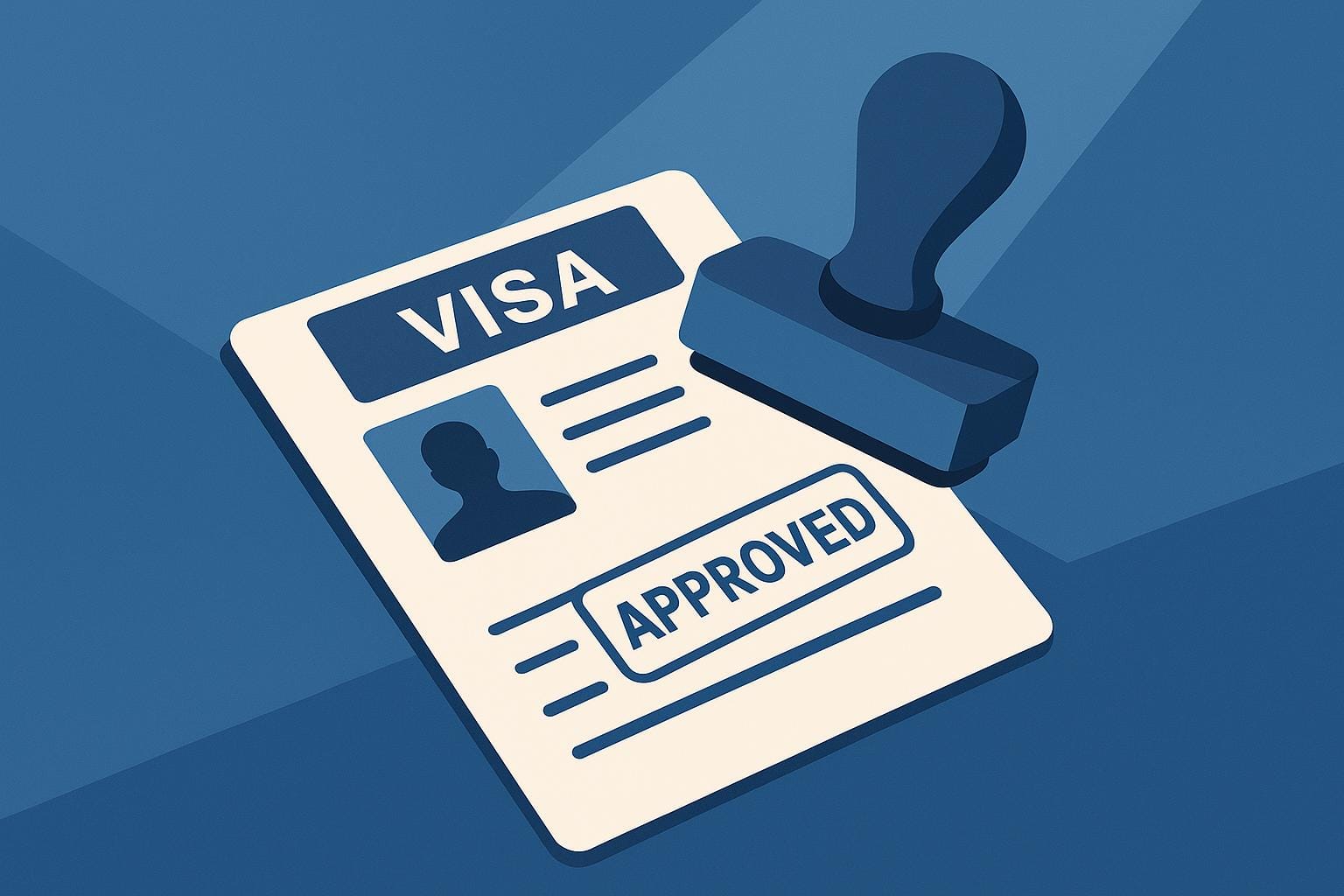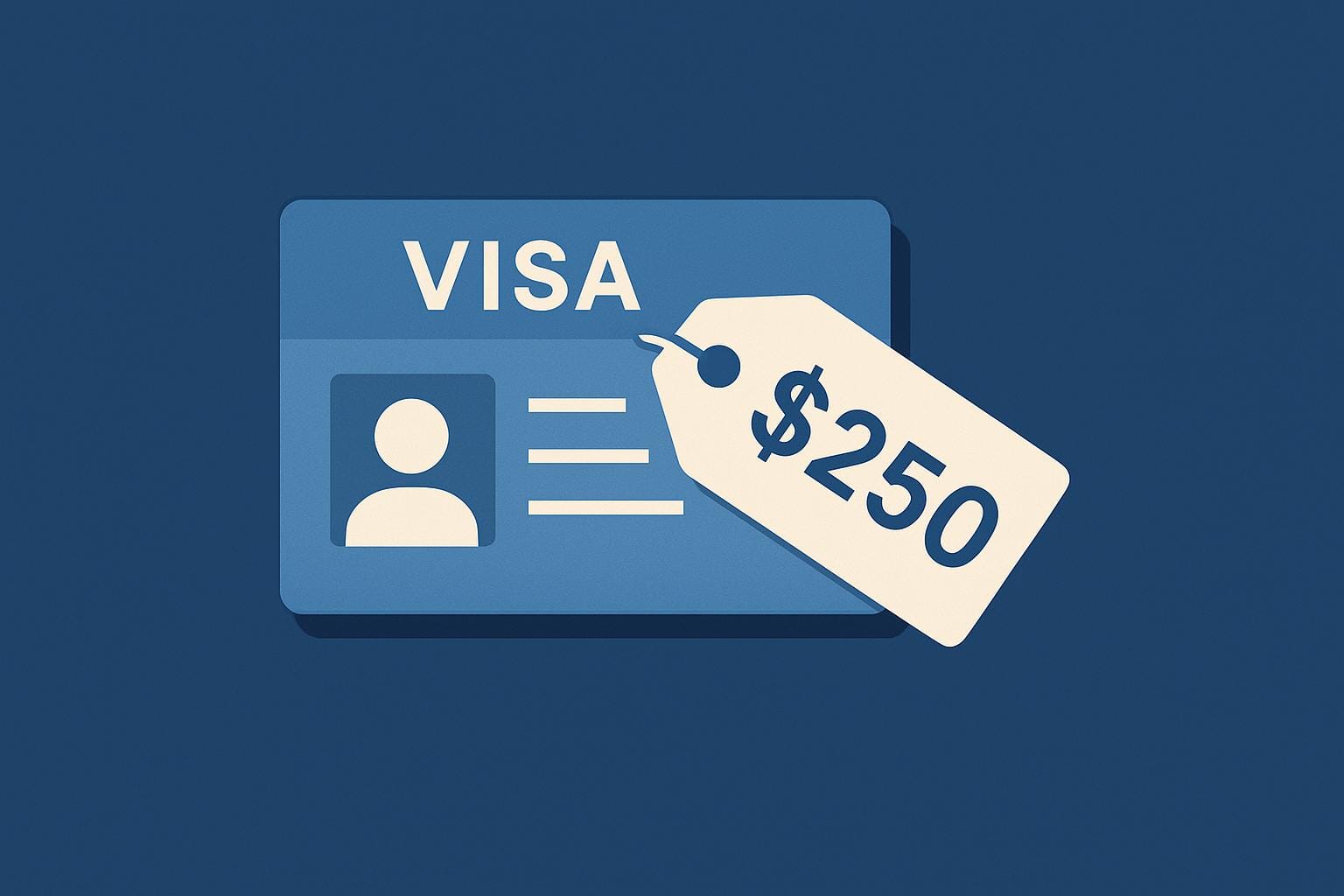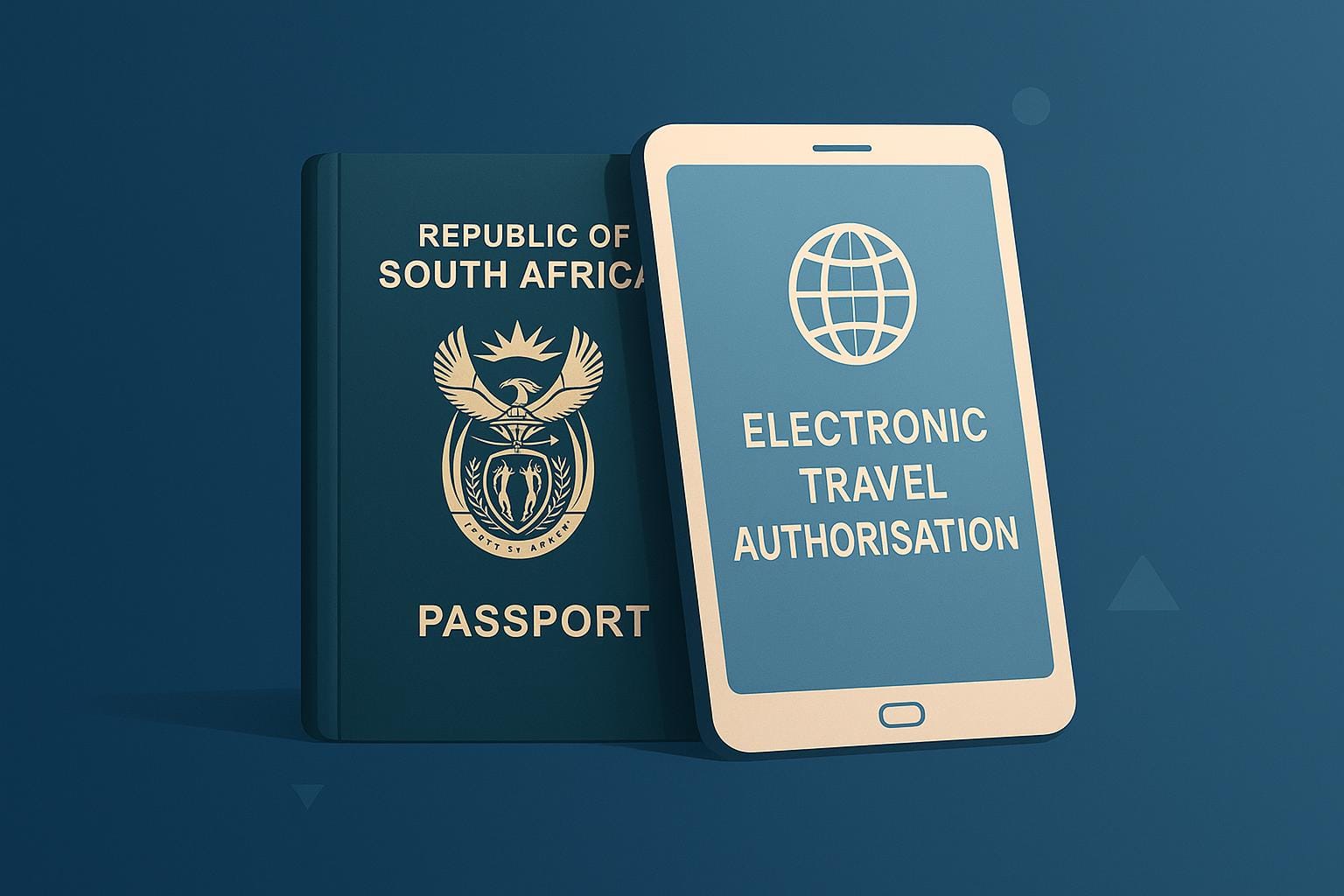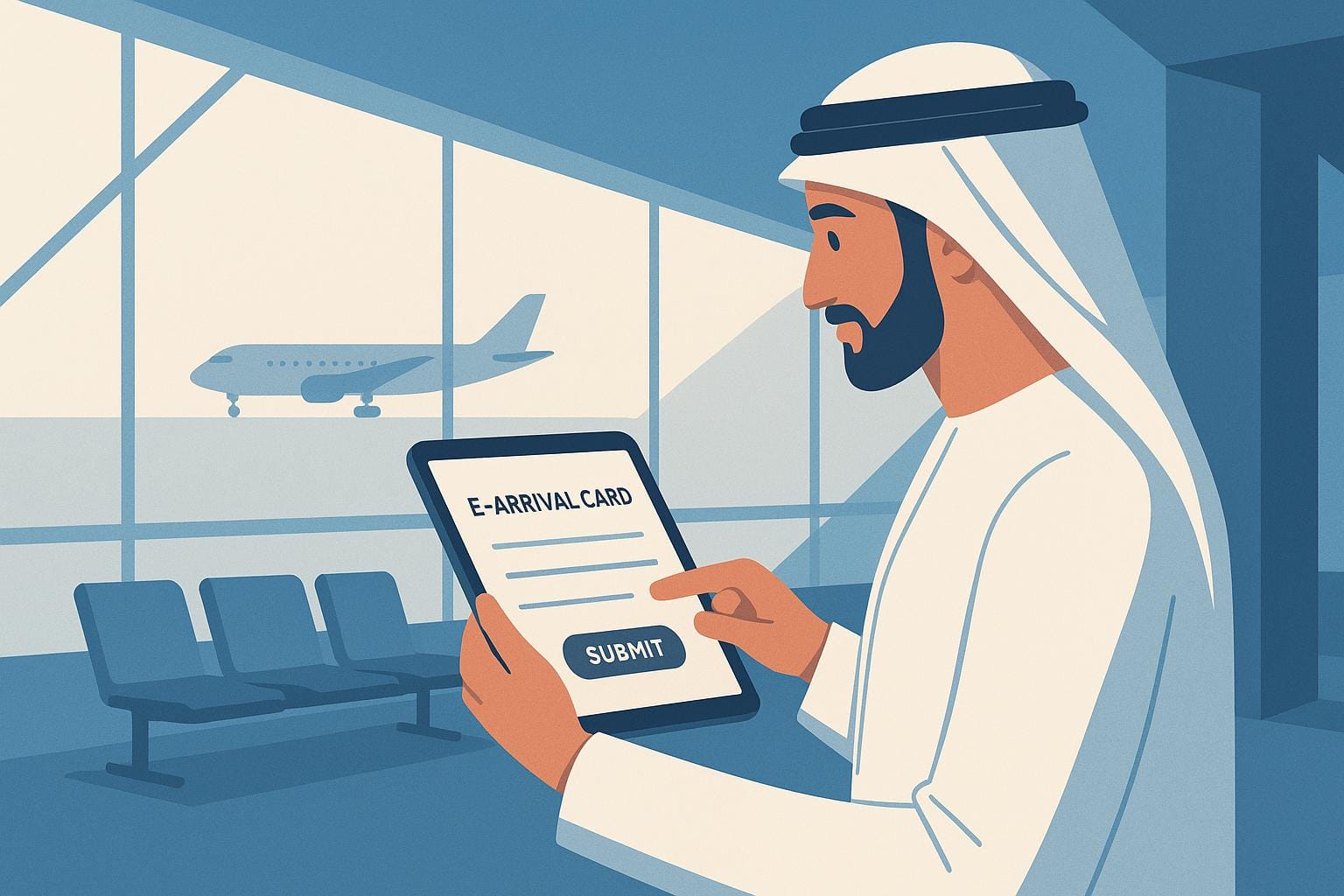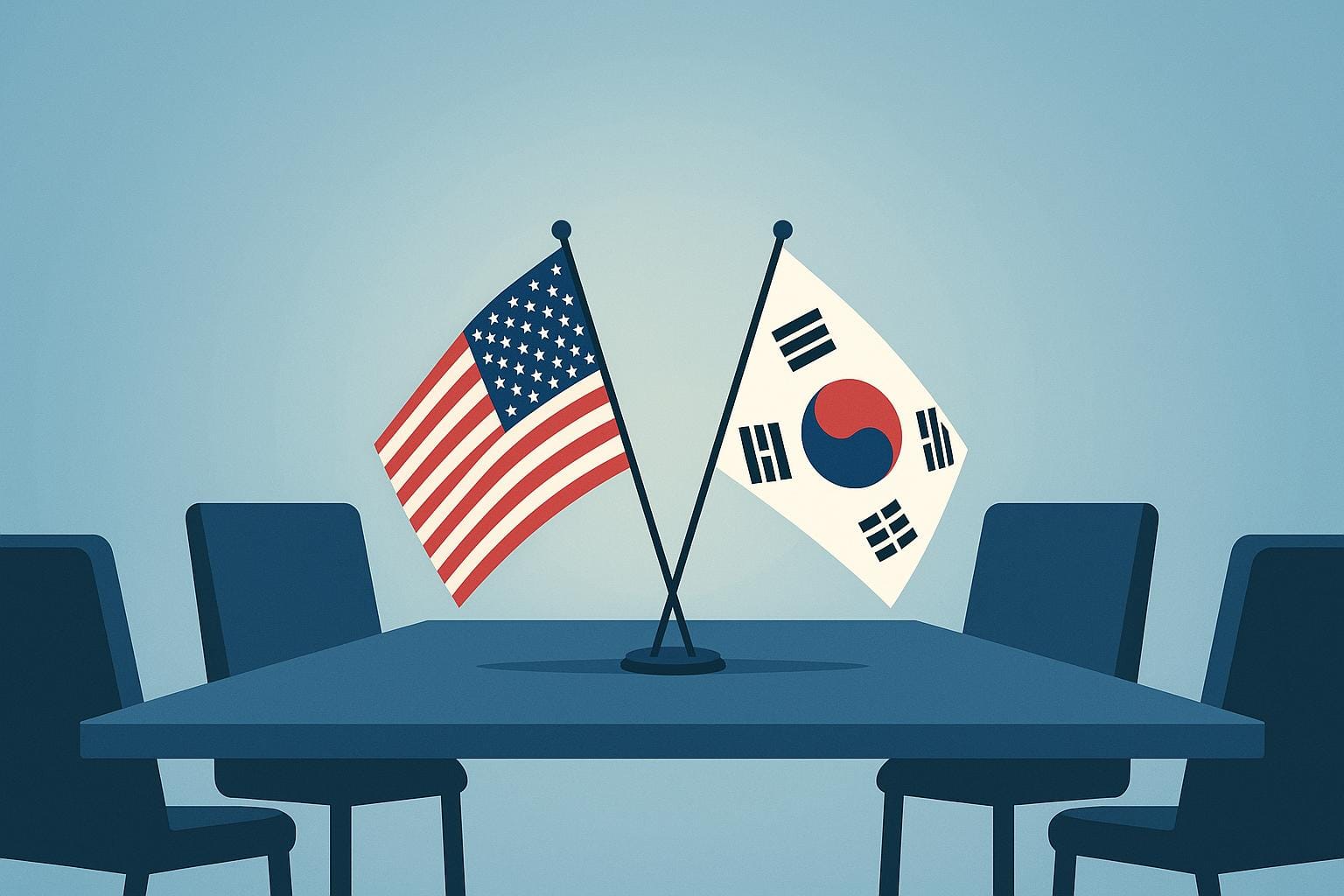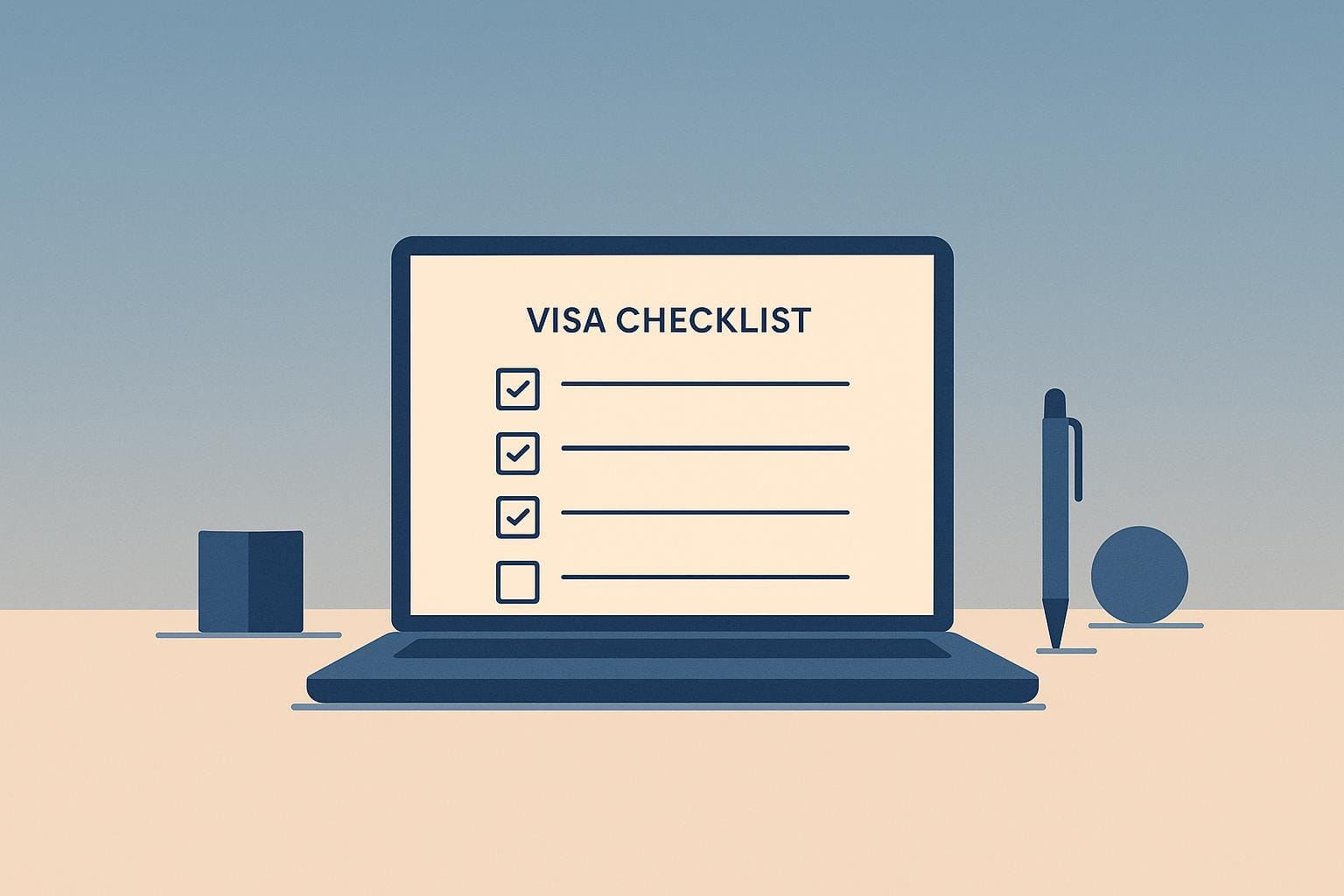Planning a business trip to Kazakhstan for energy sector negotiations? Here's what you need to know:
-
Visa Types:
- B3 Visa: For meetings, negotiations, and contract signings (30 days per entry, valid for 1 year).
- B2 Visa: For technical tasks like equipment installation or consulting.
- C5 Visa: For establishing or joining a company (long-term).
-
Key Documents Required:
- Completed visa application form.
- Passport valid for at least six months with two blank pages.
- Invitation letter approved by Kazakhstan’s Ministry of Internal Affairs.
- Passport-sized photograph (white background).
- Cover letter explaining the trip’s purpose.
- Financial proof (visa fee receipt and business introduction letter).
-
Processing Times:
- Invitation approval: 5–7 working days.
- Embassy processing: 1–2 weeks (apply at least 2–3 weeks before travel).
-
Compliance Rules:
- Hosts must notify authorities of arrivals within 3 working days.
- Labour market testing may be needed to justify foreign expertise.
-
Costs:
- Visa fees: £160–£240.
- Work permit fees: £400–£1,600 for long-term stays.
Summary: To access Kazakhstan’s energy opportunities, prepare your documents carefully, follow visa guidelines, and apply early to avoid delays. For frequent travellers, consider multiple-entry visas. Staying compliant with local regulations is essential for smooth business operations.
Kazakhstan Business Visa Requirements Overview
Kazakhstan's business visa system is structured to support various corporate activities, particularly within the energy sector. Choosing the right visa category for your business objectives is essential for a smooth application process. Below, we break down the key visa types, eligibility criteria, and compliance rules relevant to energy sector professionals.
Business Visa Types for Energy Sector Meetings
The B3 business visa is the go-to option for energy professionals attending meetings, negotiations, and contract signings. It covers activities such as board meetings and other corporate engagements.
For technical tasks like equipment installation, repair, maintenance, consulting, or auditing, the B2 business visa is more appropriate. This visa suits professionals involved in technical assessments or providing consultancy services.
If your company plans to establish a long-term presence in Kazakhstan, the C5 visa is required. This visa applies to foreign nationals opening a business or joining the founders of an existing company. Given the scale of investments often involved in energy projects, this category is crucial for business immigration.
Here's a summary of visa categories tailored to energy sector activities:
| Visa Category | Purpose of Entry | Stay Duration (Single Entry) | Stay Duration (Multiple Entry) |
|---|---|---|---|
| B2 | Installation, repair, consulting, auditing | Up to 30 days (valid for 90 days) | Up to 90 days total (valid for 180 days) |
| B3 | Meetings, negotiations, contract conclusion, founders/board members | Up to 30 days (valid for 90 days) | Up to 30 days per entry (valid for 1 year) |
| C5 | Business immigration (establishing/joining a company) | Up to 90 days | Up to 2 years |
Additionally, Kazakhstan offers a "golden visa" programme, granting residency to investors who commit a minimum of £240,000 ($300,000) to Kazakh companies or securities.
Who Can Apply and What Activities Are Allowed
To apply for a business visa, the inviting employer in Kazakhstan must initiate the process. This includes conducting labour market testing to ensure no suitable local candidates are available. For energy sector negotiations, the inviting Kazakh company or your UK employer must justify the need for your expertise.
The B3 visa permits several key activities essential in the energy sector, including:
- Contract negotiations for oil, gas, and renewable energy projects
- High-level meetings with government officials or industry leaders
- Due diligence for potential investments or acquisitions
- Board meetings for companies already operating in Kazakhstan
For meetings or negotiations extending beyond 30 days, a valid business visa is essential. The application process requires the inviting Kazakh company to submit necessary documents to the Migration Service.
Visa Duration and Compliance Rules
The duration of business visas depends on the type of entry and purpose. Single-entry B3 visas allow stays of up to 30 days and are valid for 90 days from the date of issuance. Meanwhile, multiple-entry B3 visas permit stays of up to 30 days per visit and remain valid for one year, making them ideal for professionals who need to travel to Kazakhstan repeatedly.
Compliance is critical. Employers must adhere to strict labour market testing and quota regulations. Non-compliance can lead to heavy fines or restrictions on future hiring.
Under Law No. 477-V on Migration, companies are responsible for meeting sponsorship obligations, including registering foreign employees with immigration authorities and maintaining accurate documentation. Hosts must also report the arrival of foreign nationals to the authorities within three working days.
For professionals travelling across regions for project meetings, any changes in meeting locations must be reported to the local Migration Police.
Costs include consular fees, which typically range from £160 to £240, and work permit fees, which vary between £400 and £1,600 for long-term assignments. Despite these measures, foreign firms often express the need for a more streamlined work-permit process, highlighting ongoing challenges in navigating Kazakhstan's regulatory environment.
Document Requirements for Visa Applications
Getting your documentation right is crucial for a smooth Kazakhstan business visa application process. For professionals in the energy sector, ensuring all paperwork meets official standards is a must.
Complete Document Checklist
Here’s what you’ll need to include:
- A completed visa application form, signed exactly as it appears in your passport.
- Your passport, valid for at least six months beyond your planned entry date, with at least two blank visa pages for the visa stamp.
- A signed invitation letter, approved by the Ministry of Internal Affairs. For multiple-entry visas, you’ll need a copy of the invitation letter issued through the Federal Migration Service, complete with its official stamp.
- A recent passport-sized photograph with a white background that meets official requirements. UK-standard passport photos usually meet these criteria.
- A cover letter explaining the purpose of your trip, as well as your travel plans and intended length of stay.
- Financial documentation, including a visa fee payment receipt and a business introduction letter from your UK company. This letter must be on official company letterhead and signed by an authorised representative.
- Proof of address for the inviting company or business entity in Kazakhstan. This could include official company registration documents or utility bills.
Once you’ve gathered these documents, double-check everything to ensure accuracy and compliance with the requirements.
Document Preparation Standards
All documents should provide consistent and accurate information. For materials not in English or Kazakh, you’ll need certified translations and apostille certification. Additionally, organise your paperwork according to consular guidelines.
Processing Times and Submission Guidelines
When your documents are ready, follow these submission steps to avoid unnecessary delays:
- Standard Processing Times: Embassy applications typically take one to two weeks, while online applications are processed in about five working days.
- Invitation Approval: This process involves 5–7 working days at the migration service and an additional 5 working days at the consular office, taking up to three weeks in total.
- Submission Requirements: Since July 2019, visa applications must be submitted in person at the consular section. Representatives can no longer submit on your behalf.
- Timing Recommendations: Aim to apply two to three weeks before your travel date.
- Application Completeness: Incomplete applications are a common cause of delays, so double-check all documents before submission.
- Staying in Touch: Make sure your contact details are up to date for any consular follow-ups.
- Application Method: Online applications are often quicker for frequent travellers. However, first-time applicants may benefit from submitting their applications in person.
- Expert Consultation: If your case involves complex or unusual documentation, seeking professional advice can save time and effort. Platforms like VisaDoc provide detailed guidance to help you meet current application standards.
Compliance Requirements and Process Improvements
Managing visa applications in Kazakhstan's energy sector comes with its fair share of regulatory hurdles. Employers must adhere to strict local laws, which include registering foreign staff, promptly updating any employment changes, and keeping accurate records of permits and visas. Salaries, working conditions, and benefits must comply with Kazakhstani labour standards. Additionally, the quota system requires HR teams to verify quota availability, while UK-based teams must ensure personal data handling aligns with UK GDPR regulations. Below are some practical tips to help navigate common challenges and minimise delays in the application process.
Common Application Mistakes and How to Avoid Them
Here are some frequent pitfalls and ways to sidestep them:
- Documentation errors: Missing or improperly prepared documents can cause significant delays. Make sure all paperwork is correctly translated, notarised, and submitted on time.
- Incorrect visa category: Selecting the wrong visa type often leads to rejections. Confirm that the chosen category matches the employee’s role and intended duration of stay.
- Poor timeline management: Starting the process too late can result in missed deadlines. Begin applications well in advance to allow for any unforeseen delays.
- Communication breakdowns: Lack of coordination between HR, legal teams, and employees can lead to incomplete or late submissions. Setting up clear communication channels and shared timelines can help keep everyone on the same page.
How VisaDoc Simplifies the Process
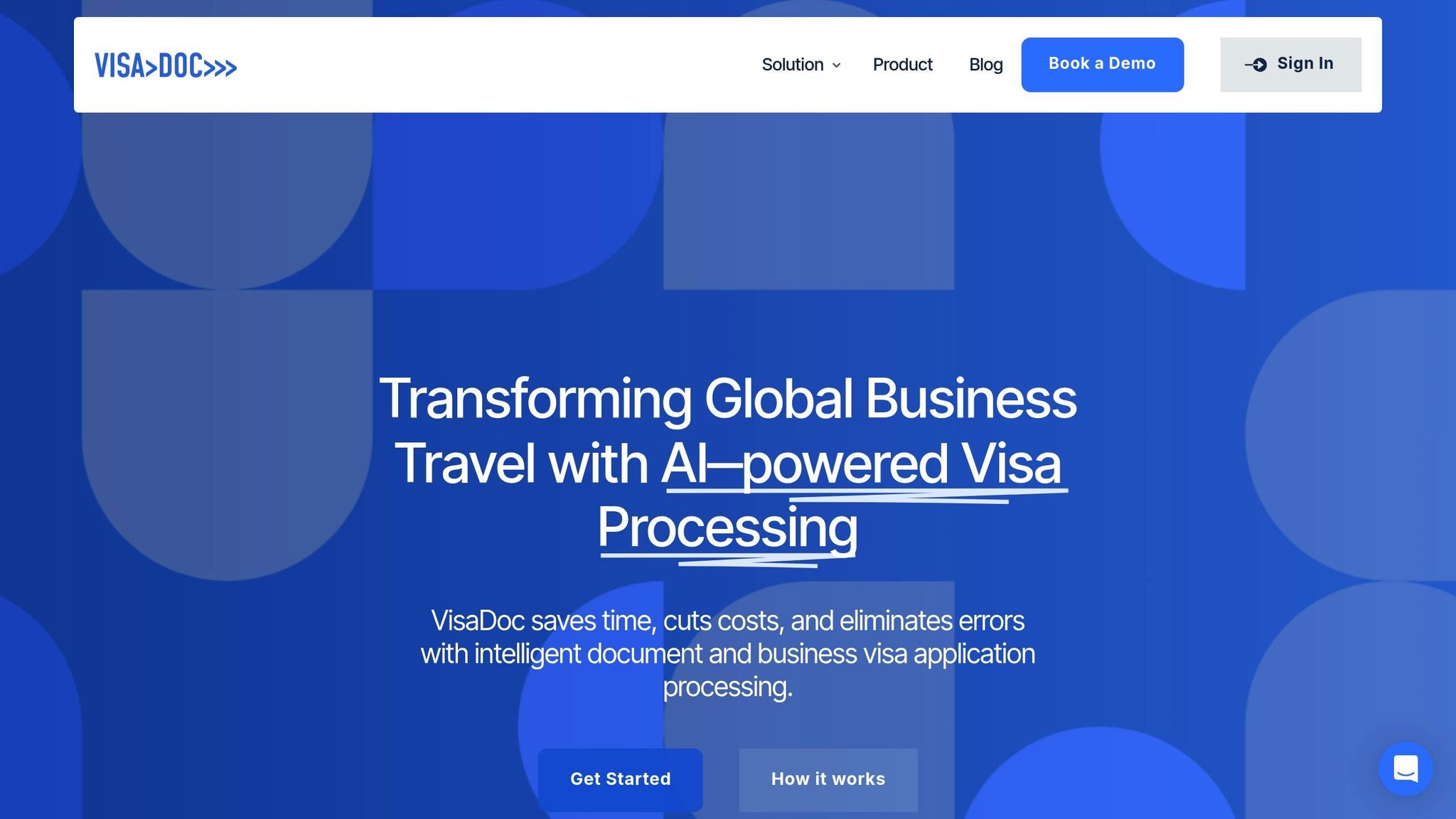
VisaDoc offers an AI-driven platform designed to simplify visa applications by centralising document management and automating compliance tasks. It keeps track of sponsor licences, sends timely reminders for deadlines, and performs compliance audits to minimise errors. By automating these time-consuming tasks, VisaDoc allows HR teams to focus on more strategic responsibilities. Plus, it integrates seamlessly with existing systems and provides real-time updates, ensuring a smooth and efficient workflow.
Effective Visa Management Practices
Strong visa management practices are key to ensuring compliance and maintaining a high success rate for applications. HR teams need to adopt well-structured methods that align with both UK and Kazakhstani requirements while streamlining administrative tasks.
HR Team Management Tips
Organised document storage is a must. Set up a centralised repository with embassy-specific checklists and templates tailored to each visa category. For instance, create clearly labelled folders for B1, B2, and B3 business visas, containing essential documents such as passports, invitation letters, proof of address, and photographs. Keeping both digital and physical copies ensures you’re prepared, even if paperwork goes missing.
Pre-submission reviews can drastically cut down on errors and rejections. Schedule internal reviews led by senior HR staff to verify document accuracy, confirm the correct visa type, and ensure compliance with UK GDPR and Kazakhstani standards. Conduct these reviews during regular working hours to allow time for any necessary corrections before submission.
Compliance calendars are invaluable for managing deadlines across time zones. Set up a calendar to track visa deadlines, renewals, and compliance milestones, and include updates like the November 2024 changes to visa categories. Use automated reminders to stay ahead of deadlines and avoid last-minute scrambles.
Country-specific compliance matrices provide quick access to changing requirements. Maintain an updated matrix that lists key deadlines, required documents for each visa type, processing times, and embassy-specific procedures. For example, recent updates have simplified business visa processes for professionals in the energy sector, which should be promptly reflected in your matrix.
These internal practices need to be paired with staying informed about external regulatory changes to ensure ongoing success.
Staying Updated on Visa Rule Changes
Having strong internal systems is only half the battle - keeping up with external regulatory updates is equally important.
Regularly check embassy websites and use professional services to stay informed about rule changes. For instance, the November 2024 updates introduced new visa types like the Digital Nomad Visa (B9-1) and the Neo Nomad Visa (B12-1).
Tools like VisaDoc can simplify this process by providing automatic notifications about regulatory changes. This system integrates seamlessly with your internal processes, tracking updates across jurisdictions and sending tailored alerts when changes affect your specific visa categories. This eliminates the need for manual monitoring and ensures you’re always aware of new or simplified procedures.
Embracing electronic applications can also speed up the process. Kazakhstan, for example, has expanded its electronic visa options for business categories. Make sure your team is trained on these systems to improve tracking and reduce processing times.
Summary: Corporate Visa Management for Kazakhstan
Managing visas effectively in Kazakhstan's energy sector requires a well-organised, compliant, and streamlined approach. This overview distils the key points from the detailed guidance above, providing a quick reference.
Kazakhstan's visa framework divides business visits into specific categories, each with set durations and permissible activities.
To apply, individuals must provide a valid passport, an approved invitation letter, proof of address, compliant photographs, a cover letter, and a fee receipt. Importantly, the inviting company is responsible for notifying the Migration Service of a foreign national’s arrival within three working days.
Invitation approvals generally take 5–7 working days, so planning ahead is essential, especially given the 120-day annual limit for business activities. For eligible applicants, electronic applications simplify the process for single-entry B2 and B3 visas.
VisaDoc addresses earlier challenges by automating compliance tracking and centralising document management. This system empowers HR teams to manage various visa categories and stay updated with regulatory changes. With Kazakhstan’s economy projected to grow by 3.1% in 2024 and approximately £125 billion in foreign investment, efficient visa management is becoming increasingly important for corporate operations.
FAQs
What are the main differences between the B2, B3, and C5 business visas for Kazakhstan's energy sector?
The B2 visa is tailored for short business visits, with a maximum stay of 90 days. It covers activities like attending meetings, conferences, or other general business-related tasks.
The B3 visa is aimed at professionals handling specific duties, such as installation, maintenance, or other specialised business operations. This visa is commonly required for technical roles tied to corporate projects.
The C5 visa allows a single entry and is valid for up to 90 days. It is mainly issued to business immigrants and cannot be renewed. This visa suits individuals temporarily relocating for senior corporate assignments or establishing business operations in Kazakhstan.
What steps should companies take to comply with Kazakhstan's visa requirements when inviting foreign professionals for energy sector meetings?
To meet Kazakhstan's visa requirements for bringing foreign professionals into the energy sector, companies must adhere to the specific visa categories outlined by Kazakh authorities. This involves gathering all required documents, such as valid passports, invitation letters, and any other necessary paperwork. Regularly checking official updates is crucial to prevent potential delays or complications.
Working with local legal or administrative specialists can simplify navigating the more intricate aspects, such as employment and tax regulations. Moreover, using automation tools or reliable management software for the visa application process can save valuable time and minimise mistakes. Careful planning helps ensure a seamless experience for both the company and the professionals being invited.
How can energy sector professionals avoid common mistakes when applying for a business visa to Kazakhstan?
To steer clear of common pitfalls when applying for a business visa to Kazakhstan, make sure all your documents are complete, accurate, and up-to-date. Typically, you'll need a valid passport, a signed visa application form, recent passport-sized photos, proof of accommodation, and evidence showing you have sufficient financial resources. Taking the time to double-check these details can save you from unnecessary delays or even rejection.
Equally important is applying for the right type of visa. If you're heading to Kazakhstan for corporate negotiations, a business visa is the way to go. However, it’s crucial to note that this visa does not serve as a substitute for a work permit if your activities involve employment or direct work tasks. Understanding these requirements and preparing well in advance is especially important if you're attending high-stakes meetings, such as those in Kazakhstan's energy sector.
Related Blog Posts
- India Business Travel Guide: Visas, Permits, and Cultural Tips for Success
- Contract Negotiation Trips to South Korea: Short-Term Business Visa Application Strategies
- Saudi Arabian Temporary Business Visa for Oil & Gas Sector Meetings: Sector-Specific Requirements
- Oman's Business Meeting Visa: Documentation for Energy Sector Corporate Negotiations



